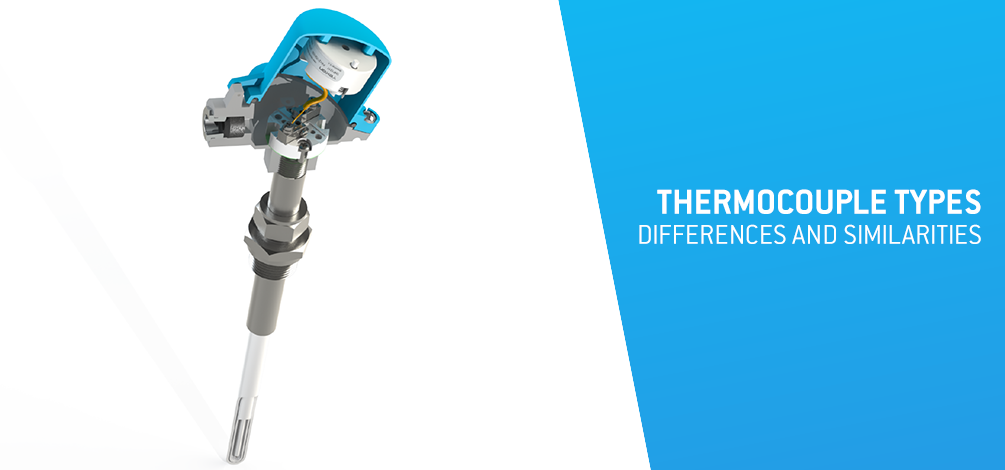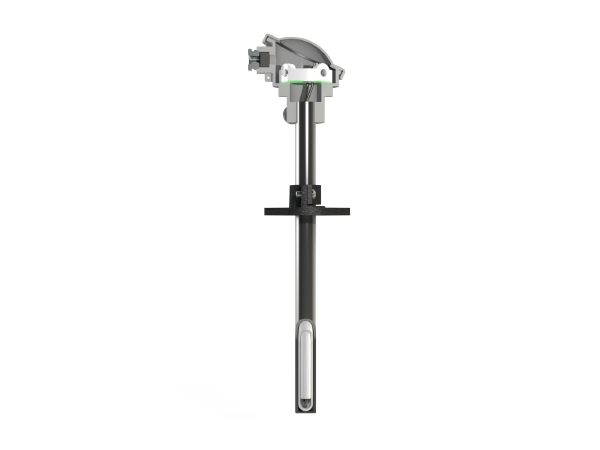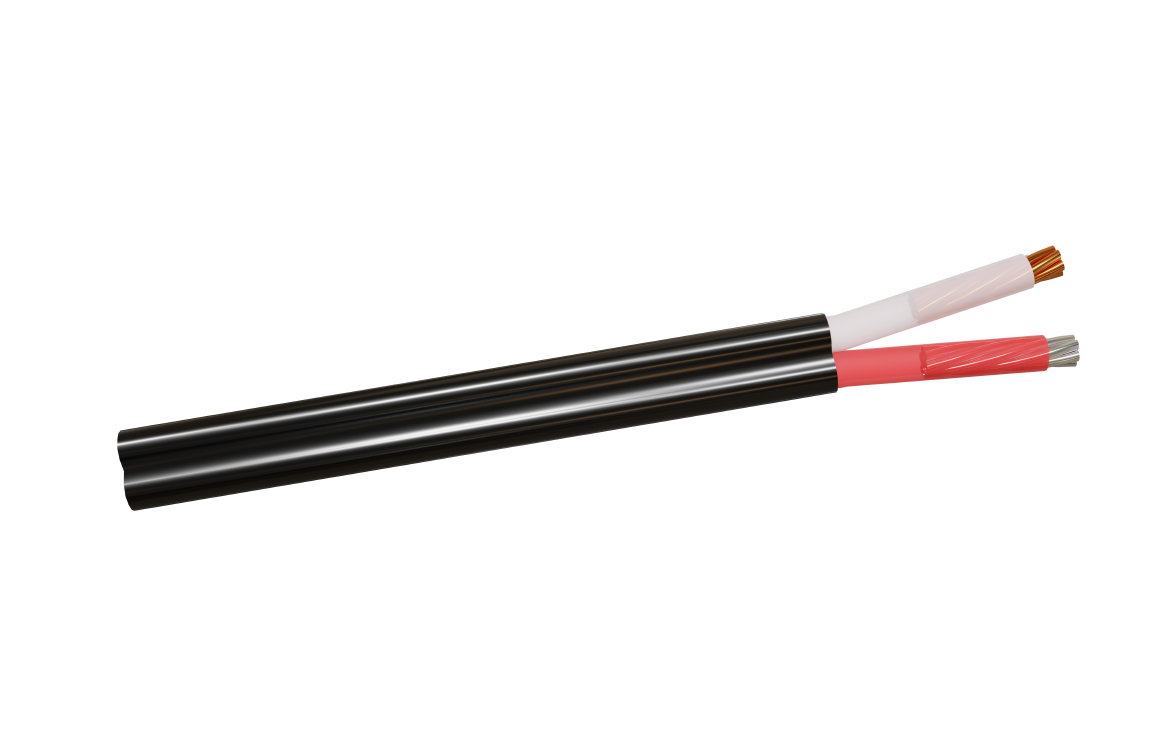Thermocouple Types – Differences and Similarities

Each type of thermocouple has specific characteristics to consider.
Temperature measurement plays a pivotal role when you want to ensure safe industrial operations. Thermocouples represent a lot when the discussion is about the best solutions for temperature measurement, like the ones developed by Tekon.
A thermocouple is a device for measuring temperature that comprises two metallic wires fused with different alloys, in different percentages according to international standards, forming a hot junction. When the junction is heated or cooled, a small voltage is generated in the electrical circuit of the thermocouple which can be measured, and this corresponds to temperature.
With several types to choose from, this article provides an overview of the main thermocouple types, highlighting their unique characteristics and showing common uses of these versatile solutions.
Type B
Type B thermocouples, constructed from platinum-rhodium alloy (Pt 30% Rh) and platinum-rhodium alloy (Pt 6% Rh), are reserved for the highest of temperatures, with a range that extends up to 1820°C. Given their exceptional stability, they are used in applications such as glassmaking, ceramics, and metallurgical processing.
Type E
Comprising chromel (NiCr+) and constantan (CuNi-), Type E thermocouples deliver the highest electromotive force (EMF) output per degree of any standard thermocouple, facilitating precise measurements over a wide temperature range of -40°C to 900°C. They are popular in cryogenics due to their high sensitivity at low temperatures and also find use in high-temperature applications, such as combustion testing.

Type J
Composed of iron (Fe+) and constantan (CuNi-), the Type J thermocouple showcases reliability and cost-effectiveness. It's primarily used in environments that contain oxidizing agents, performing optimally within a temperature range of -180°C to 750°C. This thermocouple finds common applications in the plastics industry and for industrial heating processes.
Type K
A popular choice, the Type K thermocouple, employs a chromel (NiCr+) and alumel (NiAl-) combination and is renowned for its wide temperature range (-180°C to 1350°C) and general-purpose applicability. Its low cost, availability, and versatility make it a favorite in numerous sectors, including food industries for cooking appliances, the aviation industry for gas turbine exhaust applications, and scientific sectors for laboratory testing.
Type N
Constructed from Nicrosil (NiCrSi+) and Nisil (NiSiMg-), Type N thermocouples offer excellent stability and resistivity, providing a temperature range similar to Type K but with better longevity and reduced drift. They are frequently used in high-temperature applications, such as kilns, gas turbines, and diesel engines, operating within a range of -270°C to 1300°C.

Type R
The Type R thermocouples employ platinum-rhodium alloy (Pt 13% Rh +) and platinum (Pt-). They provide a slightly higher temperature range (up to 1700°C) and are used in similar applications as Type S, including high-temperature industrial processes like metal treating and ceramics firing.
Type S
Composed of platinum-rhodium alloy (Pt 10% Rh +) and platinum (Pt -), Type S thermocouples offer excellent stability and are well-suited for high-temperature measurements up to 1750°C. They are commonly used for pyrometry (the measurement of high temperatures) in the semiconductor industry and for the calibration of other thermocouples.
Type T
Type T thermocouples consist of copper (Cu+) and constantan (CuNi-), providing excellent stability and accuracy in ultra-low temperature applications. These are preferred for measurements ranging from -250°C to 400°C, making them ideal for food monitoring, environmental monitoring, and cryogenic freezing processes.
Unique characteristics for specific needs
In short, thermocouples, in their diverse range of types, offer the versatility required for various temperature sensing applications found in the day-to-day operations of various businesses and industries. From Type T to Type B, each thermocouple type brings unique characteristics to the table, designed to meet specific temperature sensing needs.
Tekon helps you choose the best thermocouple solution for your application, considering specific aspects like temperature range, accuracy and work conditions.
Contact us!
sales@tekonelectronics.com
+351 93 30 33 250 / +351 93 21 94 163